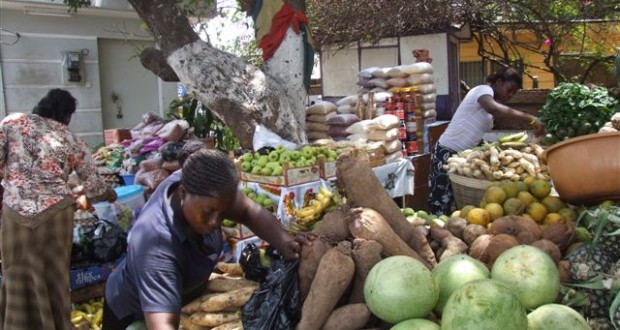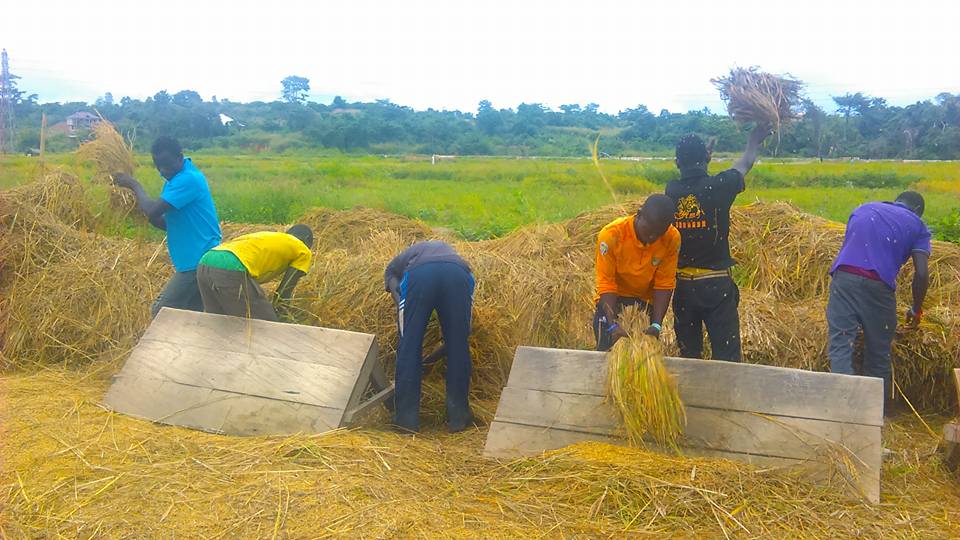 The Ghana Agricultural and Rural Development Journalists Association (GARDJA) has said it is about time that government used its vast purchasing power in the interest of the Ghanaian farmer over the Chinese or American producer.
The Ghana Agricultural and Rural Development Journalists Association (GARDJA) has said it is about time that government used its vast purchasing power in the interest of the Ghanaian farmer over the Chinese or American producer.
The Association therefore wants the newly inaugurated government to issue a directive it suggested should read: “Government funds must only be used to buy foodstuff from local producers unless the capacity to produce is non-existent.”
GARDJA stated this in a letter to President Nana Addo Dankwa Akufo Addo which was jointly signed by Richmond Frimpong, President; Joseph Opoku Gakpo, Policy Director and Ernest Kofi Adu, Secretary General of the Association.
The Association urged government to ensure that such a directive was introduced at Senior High Schools and the School Feeding Programme to make the difference.
The Association is however happy that the New Patriotic Party’s (NPP’s) manifesto promised to expedite the full implementation of an active Commodity Exchange using its purchasing power to create demand for locally-produced food items.
“GARDJA is expecting government to fulfill that pledge to the fullest,” the letter said.
It said some of the challenges were more inherent and required medium to long term solutions, noting that the country’s annual food import bill recently hit an unprecedented two billion US Dollars.
It added that what was even more frightening was that majority of the foods imported were foods which could be produced locally including rice.
“We imported 527,058 metric tonnes of rice into the country this year, representing 54 percent of the total amount of rice we consumed. Why should this be so?” it questioned.
The story is the same with the poultry industry as government continues to heavily import chicken for consumption at the expense of the local poultry industry which was struggling to stay afloat, the letter read.
The GARDJA pointed out that the biggest challenge farmers’ face in Ghana today was how to get their produce to the market at competitive prices.
It added that most farmers in rural areas were forced to sell their produce at hugely discounted prices, or lose them entirely as they go rotten because of the absence of market, whilst “we import food from other countries to feed the urban population”.
“In fact, this country loss more than 400 million US Dollars annually through post-harvest losses, mostly at the farm gates, so you can imagine how many farmers are suffering because of the absence of market for their produce. This problem has to be fixed one way or the other,” GARDJA said.





